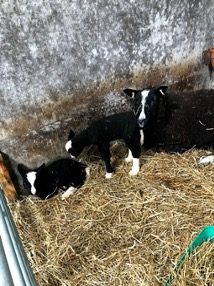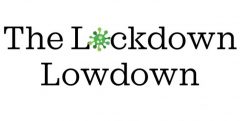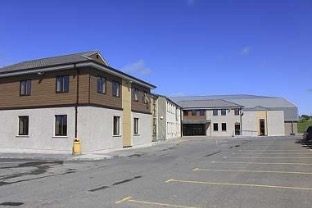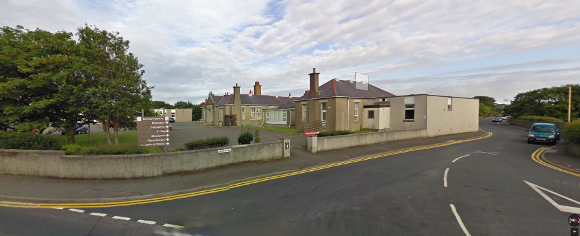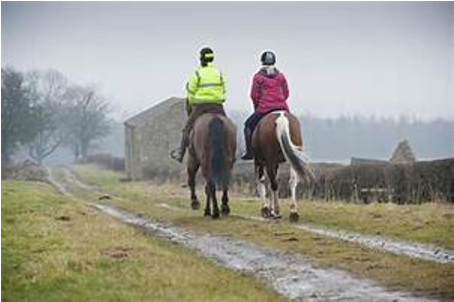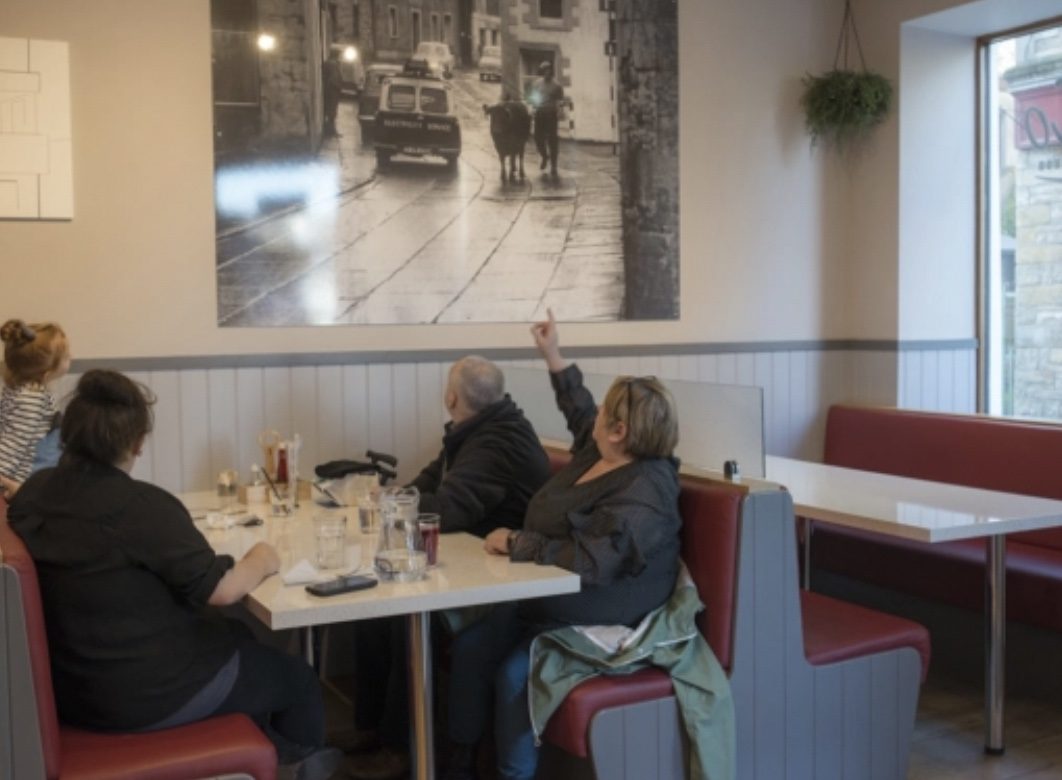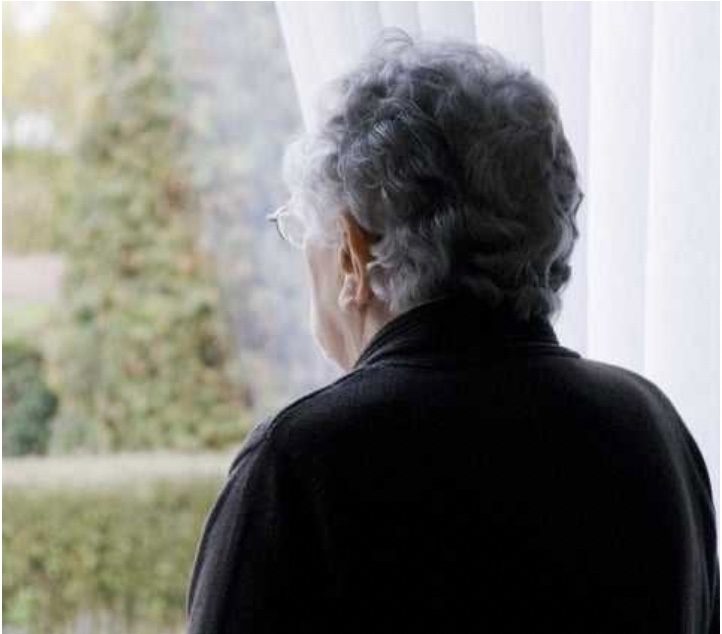Callie Sandison
On March the 23rd Boris Johnson put the whole country in lockdown because of the Covid- 19 outbreak. The lockdown has put nearly everything to a stop but farming, here in Orkney as elsewhere, still continues.
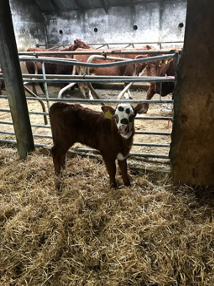
For many farmers Spring is the busiest time of the year. With coos calving and ewes lambing, farmers have been kept occupied. It has proven nearly impossible for a farmer to stay home in lockdown. Whether it’s a trip to the vets, putting kye oot or needing a hand with a ewe, as a farmer its rather difficult to stay in lockdown at such a busy time of the year.
Steven Sandison explained how Coronavirus had affected the farm: “I cant go and pick up supplies. I have to phone and order it and get it delivered. Picking up drugs from the vets, you have to phone and order it and stand outside when collecting it. For the first few weeks, non-essential supplies, like fencing and building material, you could not get at all.
However, he said it had its positives: “Having the bairn’s home from the school has been a big help.”
When asked how he thought Corona has affected farming in general, he said: “When the country was closed down the prices of sheep crashed. Unfortunately, the price of beef has slipped a bit as well. I think another thing affecting people is that only registered buyers are allowed to go to auction sales, and if you’re over 70 you can’t go at all.”
“The price of fuel has dropped significantly. Its early yet, but hopefully this will reduce the price of fertiliser in the future. It’s been a chance to reconnect with our customers and highlight the importance of buying local produce.”
Mr Sandison thought that in the future: “It might help reduce costs, if unemployment goes up it might be easier to get farm workers.”
